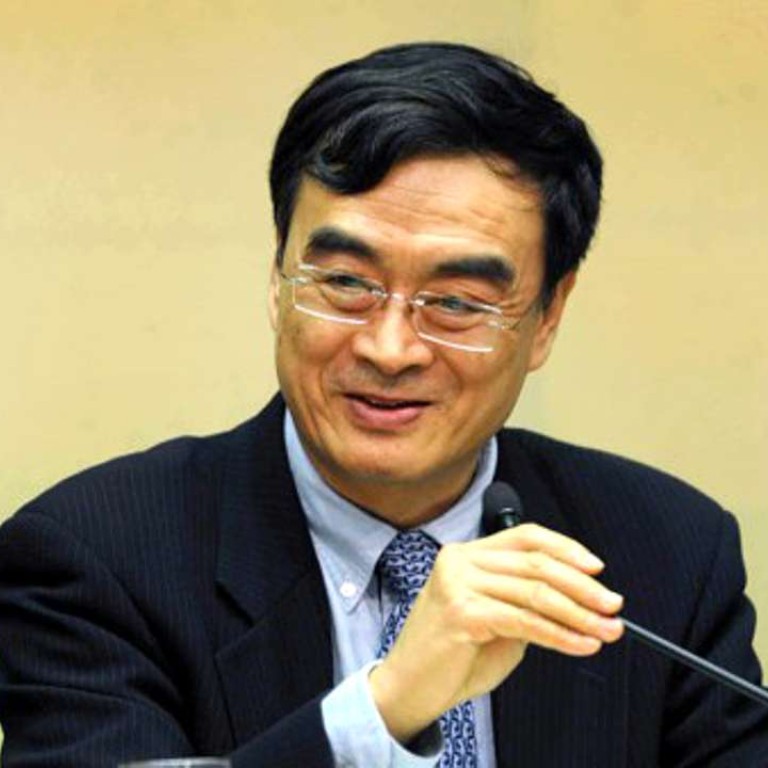
Q&A: Feng Wei fields a range of questions, from city’s economic development to democratic processes
Q: There has been a growing trend of radicalism in Hong Kong in recent years and the Mong Kok riot has sparked concern about activists resorting to violent protest methods. Is the central government looking into the reasons for this worrying trend?
A: Since more than a decade ago, radical forces have appeared on the political arena in Hong Kong and have had a considerable impact on Hong Kong’s political culture and functioning of the city’s political system. The trend has been developing in the past few years, as seen in the opposition to national education and the Occupy Central protests.
The tendency of resorting to violence was notable in the Mong Kok riot. We are very concerned about this and are analysing its reasons as well as its trend of development. Perhaps in the future this is a phenomenon which will merit more of our attention, though this is something we do not want to see.
Q: Has the central government figured out why?
A: The reasons for this phenomenon are complicated. For economic reasons, neighbouring countries and regions have been developing rapidly in the past two decades and their economic growth has significantly surpassed that of Hong Kong. While the median income in Hong Kong has barely increased in two decades, property prices have soared.
Problems with the economy affect people’s livelihoods and give rise to social conflicts. The mode of behaviour and way of thinking of young people who grew up in the age of the internet differ from that of the previous generation. The new generation acquires information and knowledge from cyberspace and connects with society through the internet. Young people become self-centred and the importance of the individual is highlighted in communications through the internet. They generally adopt a critical stance on social and political issues while they are more inclined to challenge authority and act on impulse.

On the political front, the democratisation in Hong Kong has been developing rapidly since the transition to 1997. The cycle of elections takes place every four or five years, with debates on constitutional reform in intervening periods. Under the “one country, two systems”, a capitalist political system has been implemented in Hong Kong and its functioning is fully driven by ideas of democracy in modern capitalism. The degree of democracy is very high, being a combination of representative, consultative and participatory democracy by citizens.
However as democracy has been practised for only a short period and the quality of the people taking part in democratic politics is not that high. When they exercise their democratic rights, many do not pay enough respect to the rights of others and do not give enough attention to the overall interests of the community. In addition, they do not show enough concern for the country nor shoulder the consequent responsibilities.
Q: Some critics said there are problems in communication between the Hong Kong government and the city’s people. Do you agree?
A: Hong Kong has its unique culture, including the ways of expression. We [the mainland and Hong Kong] have two different sets of language and ways of expression, so communication is very important. The country has done a lot of things for Hong Kong Sometimes we didn’t talk about them properly. We need to present the “China story” properly. We need to express our thoughts in languages Hong Kong can comprehend and is acquainted with, and in ways that are acceptable to them.

